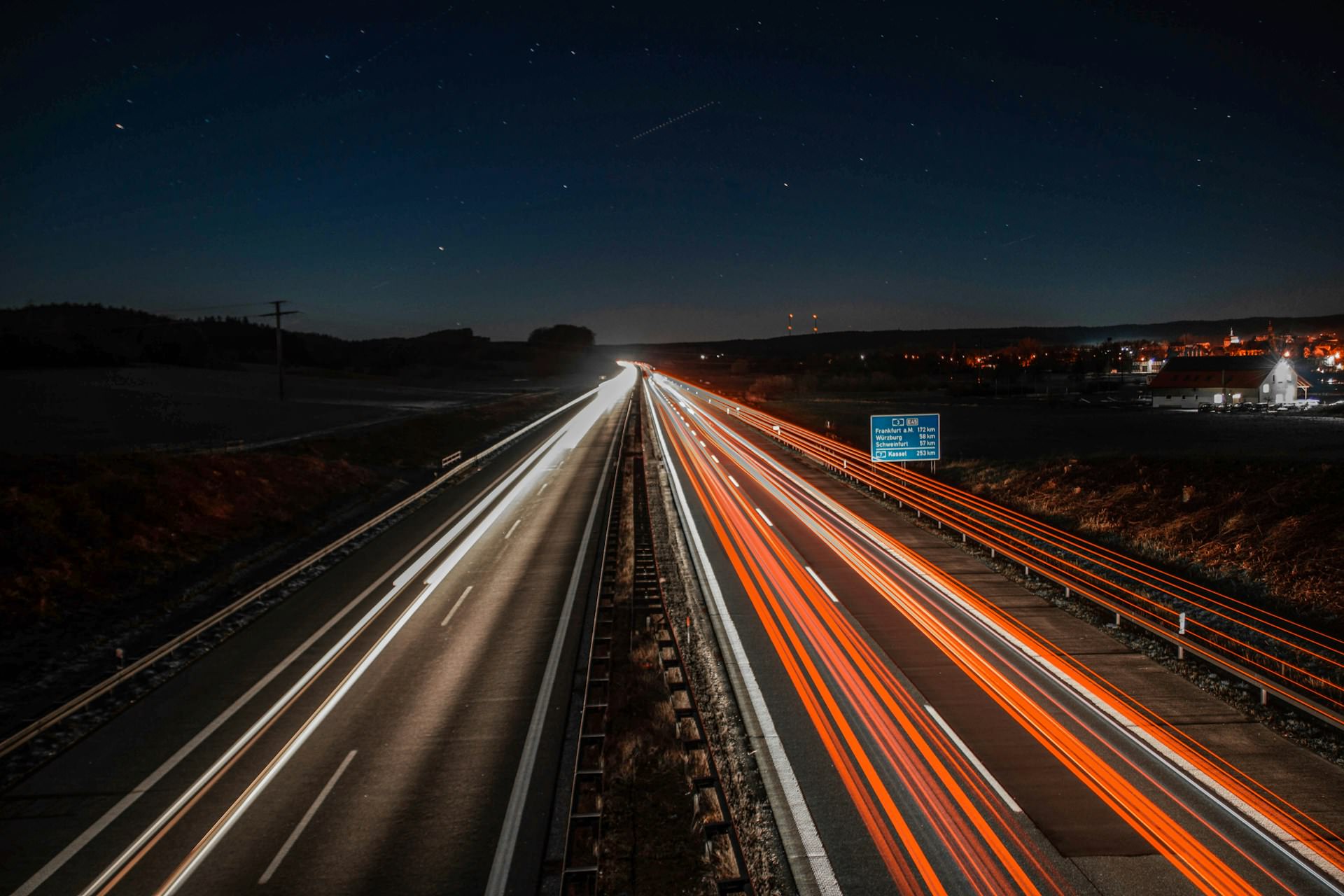Entertainment
25 Bizarre Laws from Around the Globe
By Jake Beardslee · May 25, 2025
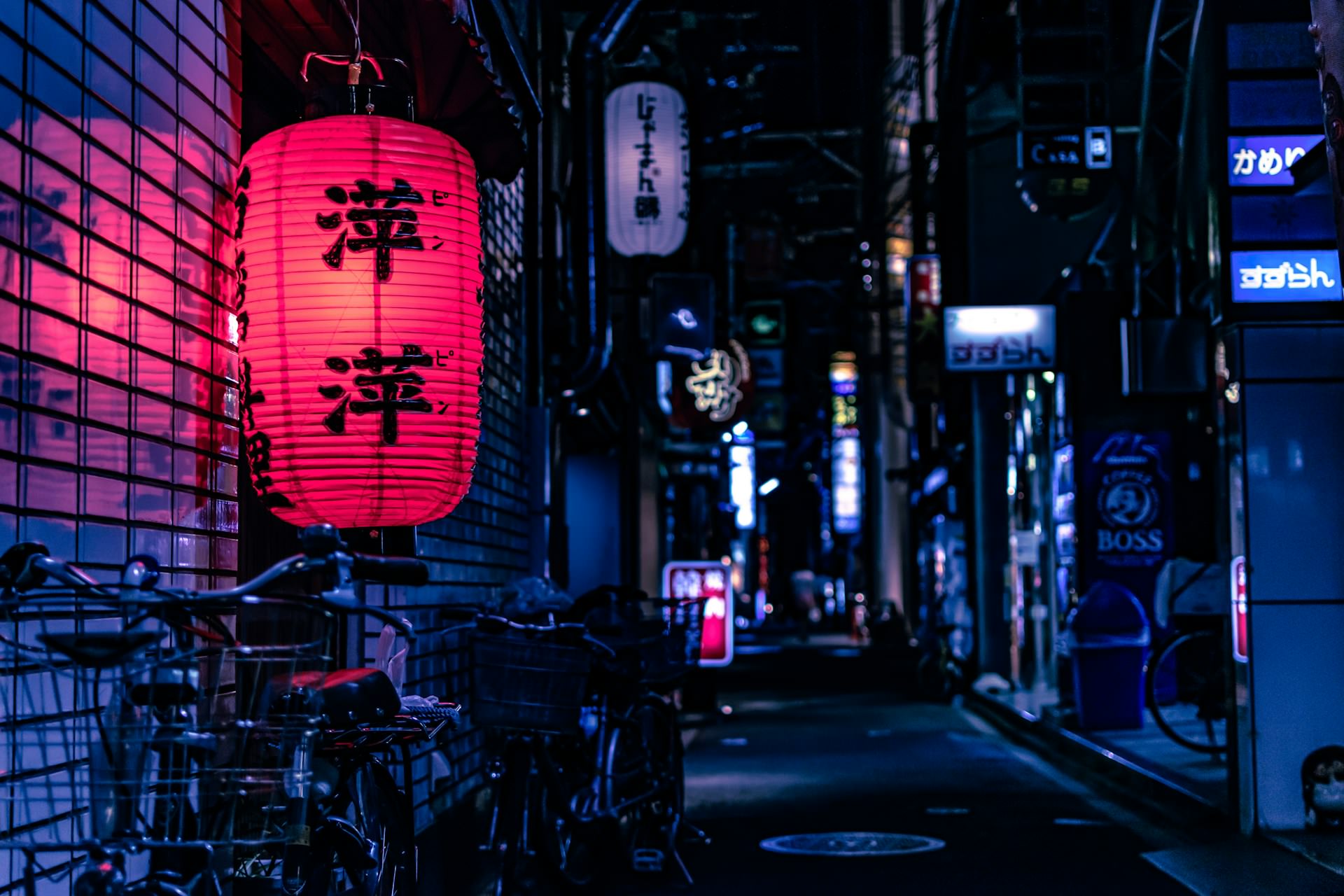
Japan: Midnight Dancing Regulations
In Japan, there was a ban on dancing after midnight, a regulation dating back to 1948. While the ban has been lifted, dancing in the dark post-midnight remains restricted. Jase Bloor/Unsplash
Norway: Cloudberries Picking Regulations
In certain counties of Norway, it is permitted to pick cloudberries, a rare delicacy, but only if consumed on site. This law protects the precious fruit while allowing for its enjoyment under specific conditions. Jørgen Håland/Unsplash
Florida, USA: Illegal to Pass Wind in Public After 6 PM on Thursdays
In one of the more unusual enactments, Florida reportedly had a law stating it was illegal to pass wind in public after 6 PM on Thursdays. While the enforcement and practicality of this law are questionable, it's a curious example of the peculiarities found within local ordinances. Chase Baker/Unsplash
Portugal: Ban on Peeing in the Ocean
Portugal has a law aimed at keeping beaches clean, which includes a ban on urinating in the ocean. Dan Gold/Unsplash
United Kingdom: The Salmon Act
It is illegal under specific circumstances to handle salmon in suspicious manners in the UK. This law aims to combat illegal fishing and protect fish stocks. Ca Creative/Unsplash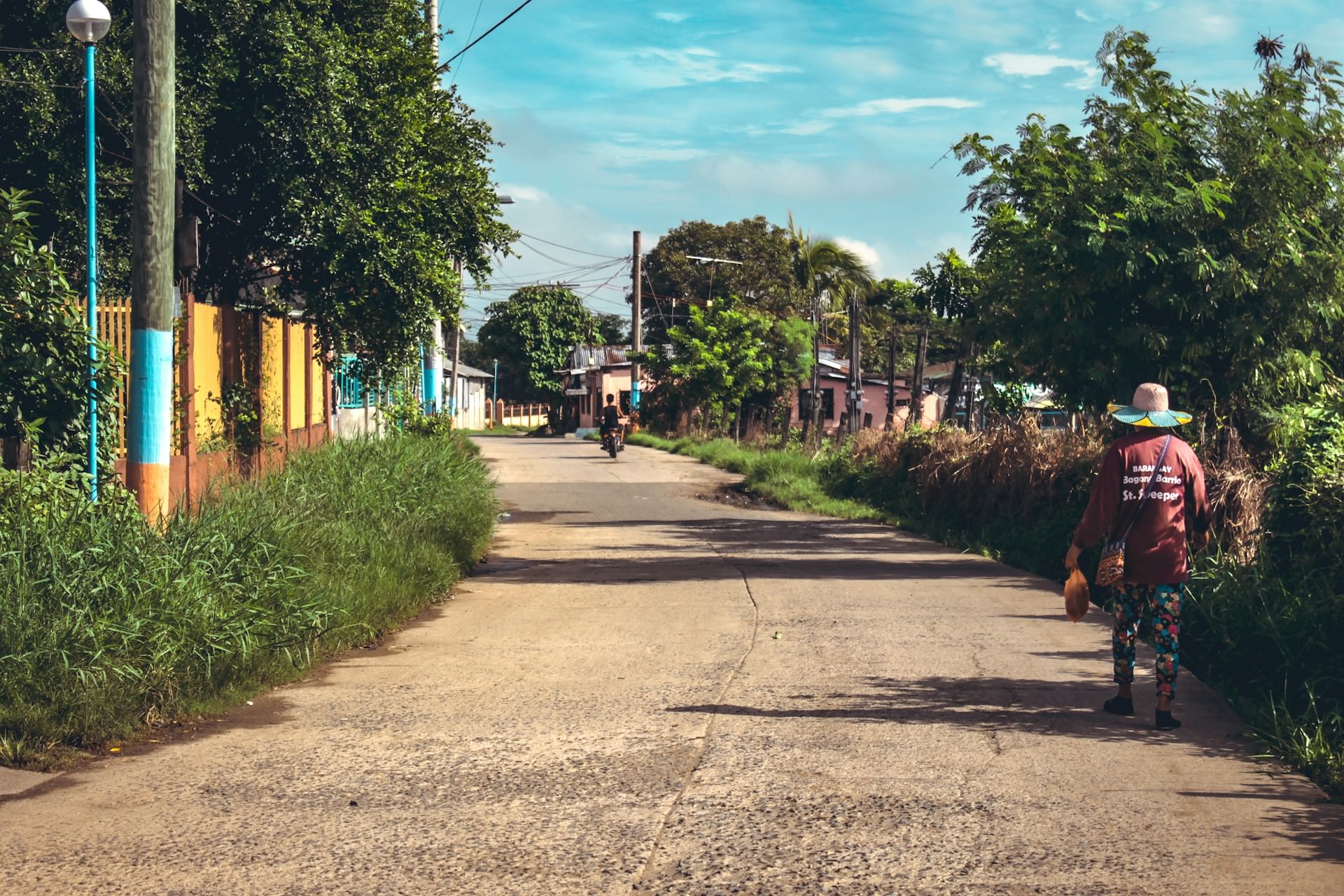
Philippines: The Crime of Being Annoying
The Philippines enforces a law against "unjust vexation," which broadly covers any act of causing annoyance to others. This unique statute could result in a prison sentence or fine for actions as simple as causing irritation. AR/Unsplash
Argentina: The Lionel Messi Name Prohibition
In Lionel Messi's hometown of Rosario, Argentina, there's a law preventing parents from naming their child "Messi" due to it being the soccer star's surname. This regulation aims to maintain the distinction and respect for Messi's name. Zesan H./Unsplash
Singapore: Mandatory Toilet Flushing
In Singapore, failing to flush a public toilet can result in hefty fines. This law is part of the country's strict public hygiene regulations. Jan Antonin Kolar/Unsplash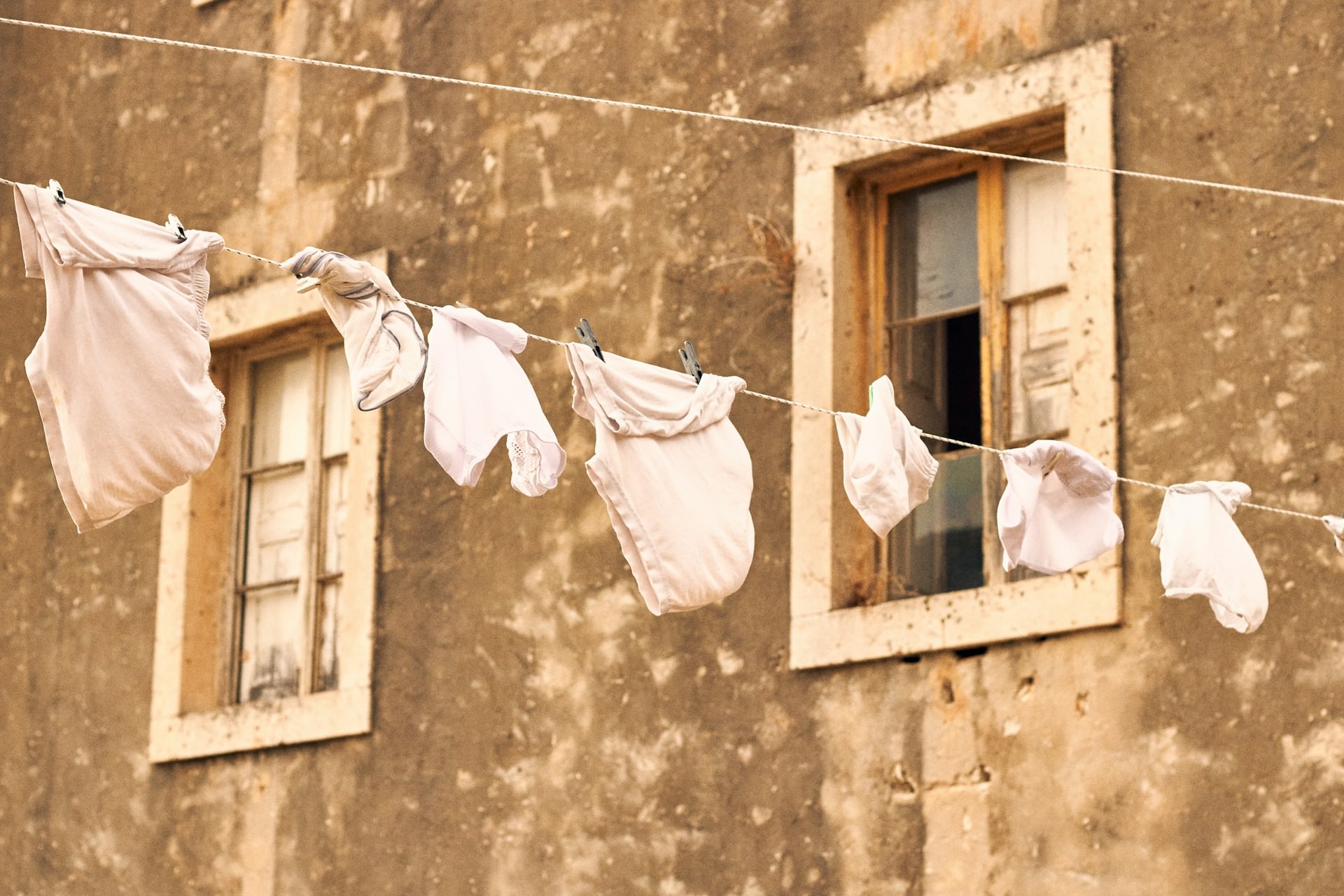
Russia: The Lace Underwear Ban
A law in Russia, along with Belarus and Kazakhstan, mandates that underwear must contain a minimum of 6 percent cotton, effectively banning lace underwear for being a health and safety concern. Sara Cudanov/Unsplash
Wyoming, USA: Artwork Display Requirement
Any new public building in Wyoming must include art valued at 1 percent of the construction costs, ensuring cultural enrichment in public spaces. Jessica Pamp/Unsplash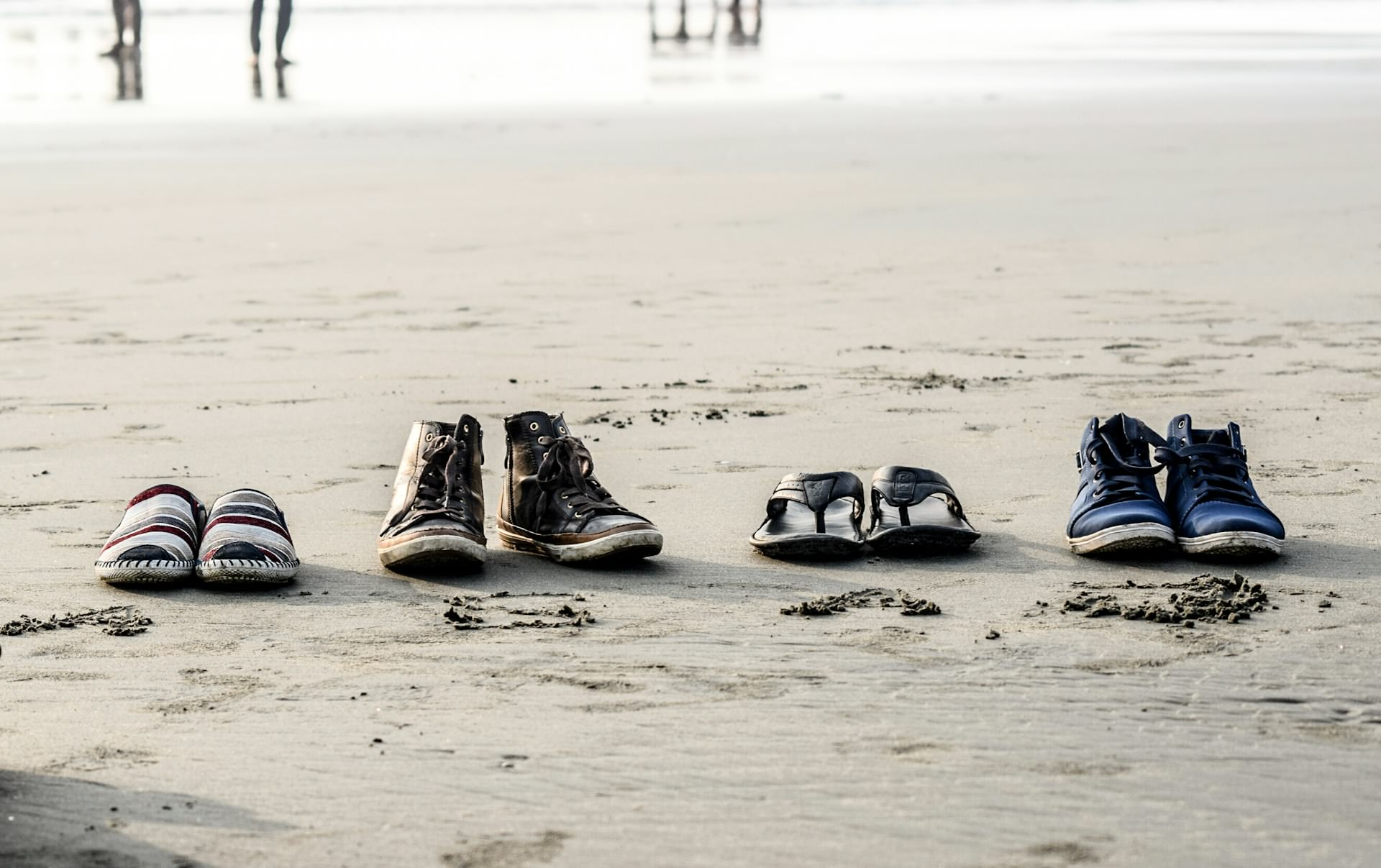
Italy (Capri): Noise Restrictions on Shoes
On the island of Capri in Italy, wearing noisy shoes such as wooden-soled sandals is prohibited. This law aims to reduce noise pollution and maintain the island's tranquil environment. Md. Zahid Hasan Joy/Unsplash
Sarpourenx, France: Mandatory Pre-Purchased Burial Plot
In this French town, it's illegal to pass away unless you have already secured a burial plot in the local cemetery, a law aiming to address cemetery overcrowding. Krisztina Papp/Unsplash
Rome, Italy: Mandatory Dog Walking
Laws in Rome mandate that pet dogs must be walked at least once a day to combat animal cruelty. This extends to ensuring goldfish have sufficient space and aren't kept in bowls. Andriyko Podilnyk/Unsplash
New Jersey, USA: Honking Before Passing
A unique driving law in New Jersey requires drivers to honk their horn before overtaking another vehicle on the highway. Slade Lapusnak/Unsplash
Switzerland: No Toilet Flushing After 10 PM
In many Swiss apartment buildings, flushing the toilet after 10 pm is considered noise pollution and is therefore prohibited to maintain peace among residents Backbone Visuals/Unsplash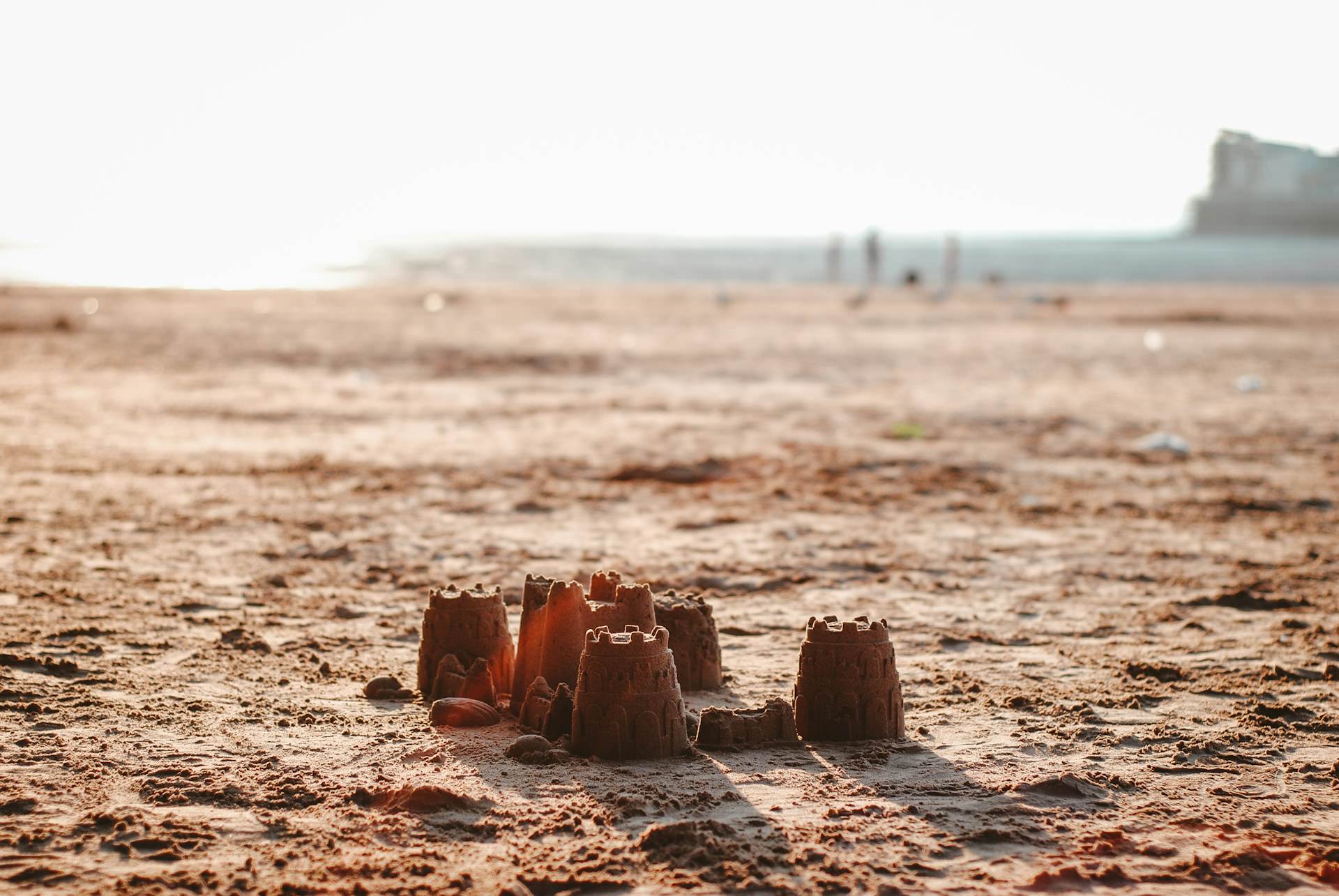
Spain: The Sandcastle Building Ban
In various locations across Spain, building sandcastles on the beach can attract fines. This law aims to maintain the cleanliness and orderliness of the beaches, with fines differing by location. Nik/Unsplash
Bolivia: One Glass of Wine Rule for Married Women
In La Paz, Bolivia, married women are allowed to consume only one glass of wine to purportedly prevent immorality, a law that reflects gender biases in alcohol consumption. Alfonso Scarpa/Unsplash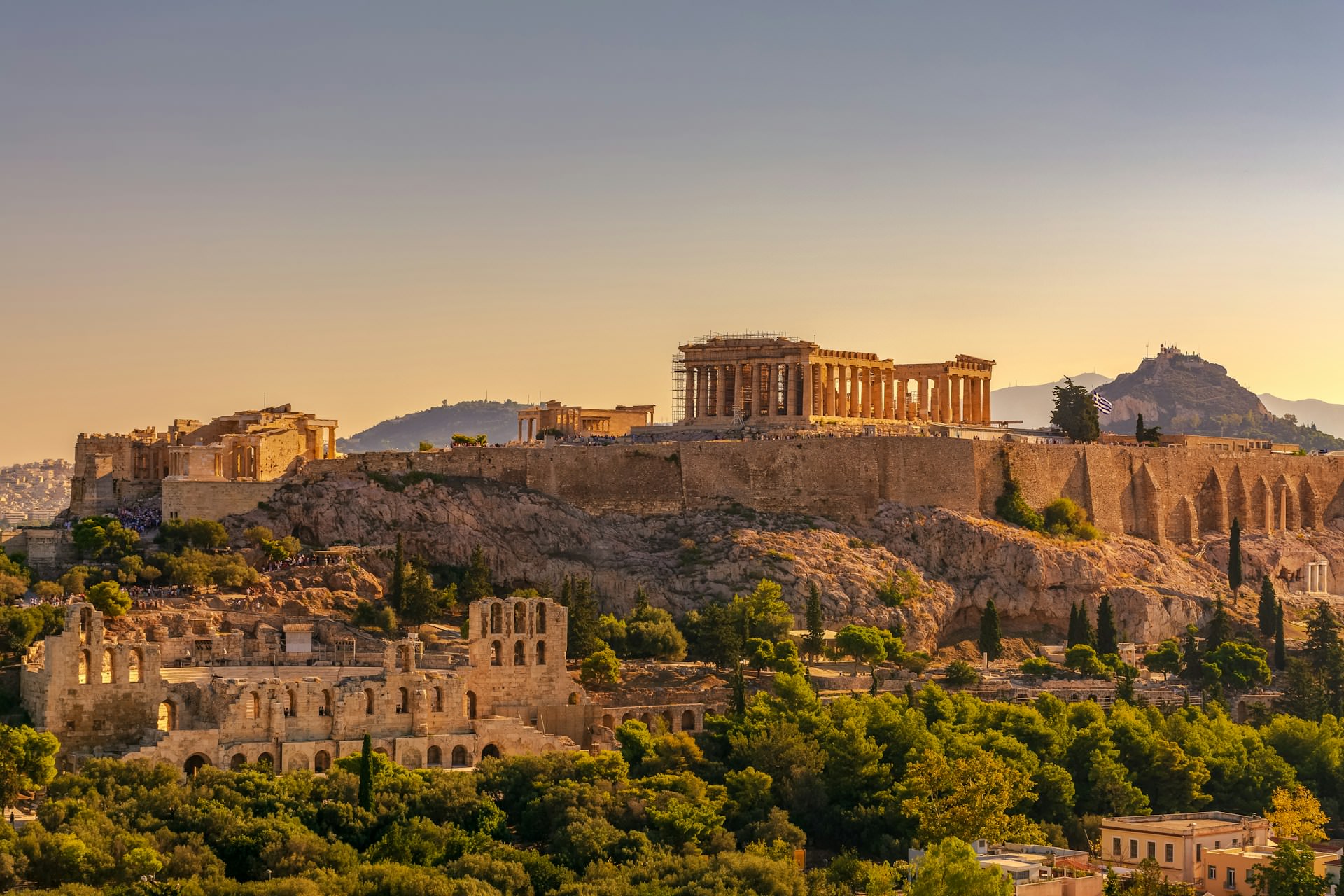
Greece: High Heels Ban at Historic Sites
To prevent damage to ancient monuments and archaeological sites, Greece has banned wearing high heels at such locations. This precaution helps preserve the integrity of these historic sites. Constantinos Kollias/Unsplash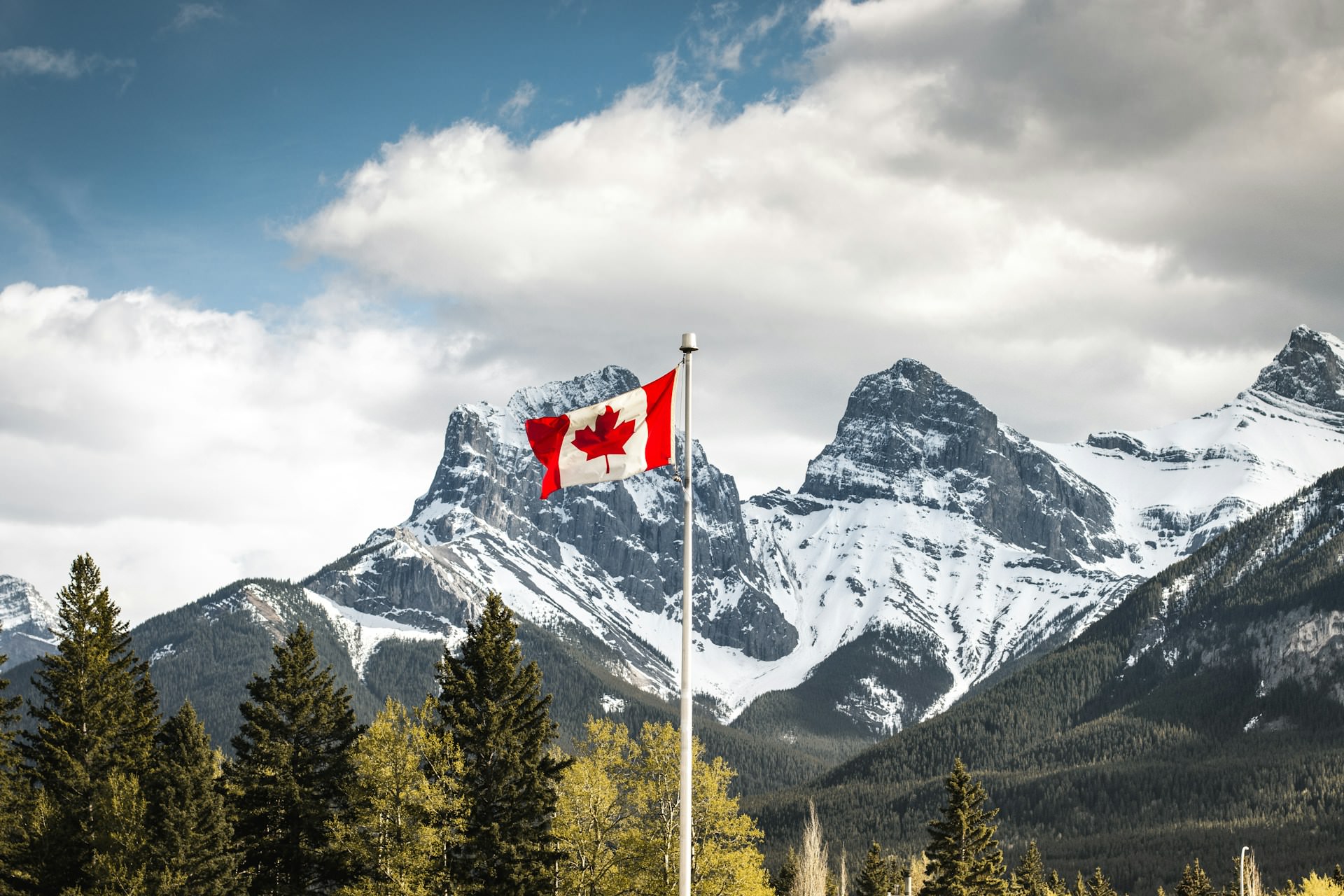
Canada: Baby Walkers Ban
In Canada, it's illegal to sell, import, advertise, or use baby walkers. The country has deemed them unsafe, and violators can face significant fines or imprisonment. Igor Kyryliuk & Tetiana Kravchenko/Unsplash
Barbados: Camouflage Clothing Prohibition
In Barbados, wearing camouflage clothing is reserved strictly for military personnel. This law prevents confusion and impersonation of military officials by civilians. Andrea Junqueira/Unsplash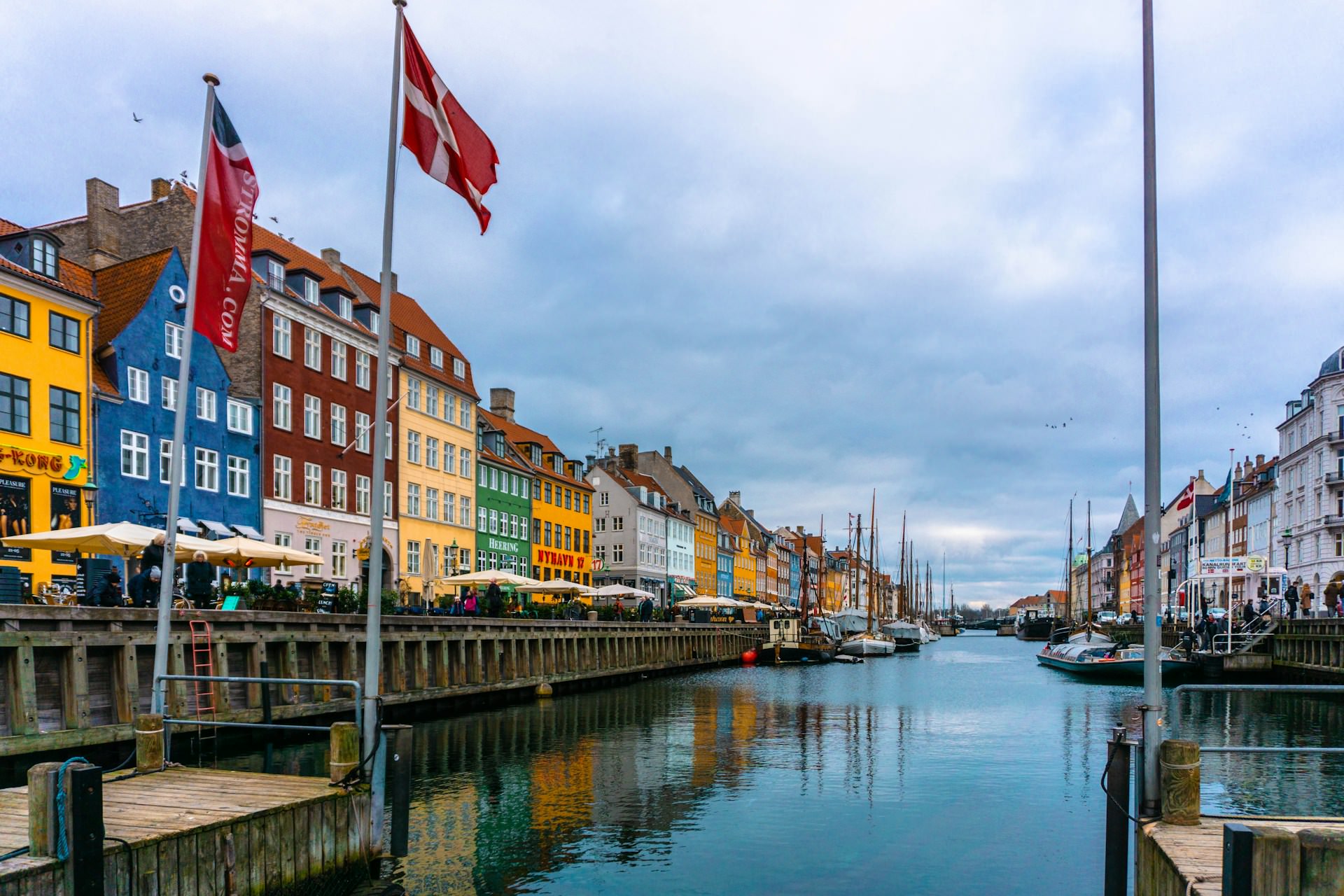
Denmark: The Personal Names Act
Denmark restricts parents to naming their children from an approved list to prevent them from using silly or inappropriate names. Names like Monkey and Pluto are banned. Ava Coploff/Unsplash
Massachusetts, USA: No Unmarried Couple Living Together
Certain states, including Massachusetts, have laws on the books making it illegal for unmarried couples to live together, reflecting older societal norms and moral codes. Drew Coffman/Unsplash
England: Restrictions on Carpet Beating
It is illegal to beat or shake any carpet, rug, or mat in any street in England, except doormats before 8 a.m. This law, aiming to keep the streets clean, is from the time when such practices were common. Ian Taylor/Unsplash
France: Ketchup and Mayonnaise Regulation in Schools
France has strict regulations on how much ketchup and mayonnaise can be consumed in school cafeterias. This is part of an effort to combat unhealthy eating habits and promote traditional French cuisine. henry perks/Unsplash